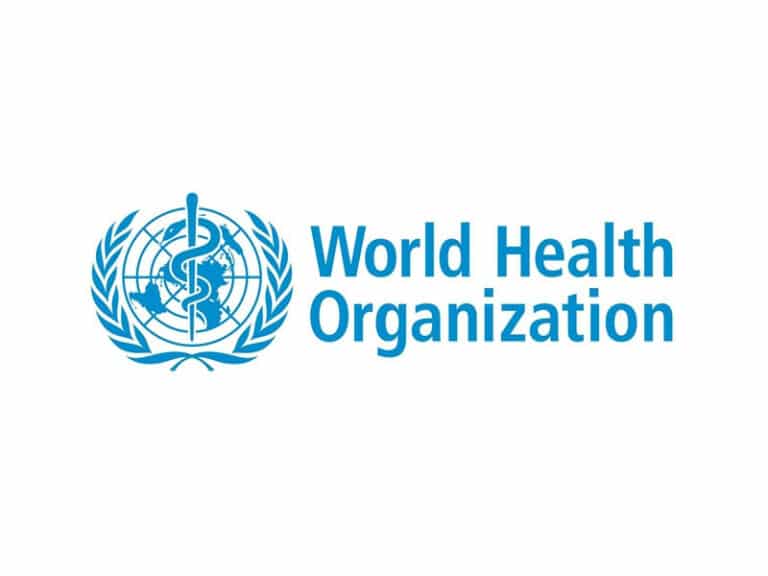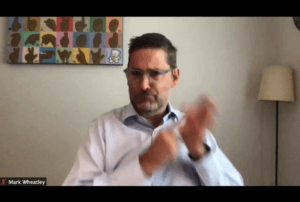Last month, on 13th September 2022, the new WHO European framework for action to achieve the highest attainable standard of health for persons with disabilities 2022–2030(the Framework hereafter) was approved. This new Framework has four objectives: universal health coverage; the promotion of the health and well-being of persons with disabilities; the protection of persons with disabilities during public health emergencies and the creation of an evidence base on disability and health.
The proposed Framework will pave the way for disability-inclusive health systems and the promotion of health and well-being of persons with disabilities of all ages, across all contexts in the WHO European Region. It is aligned with the priorities set out in the European Programme of Work 2020–2025 – “United Action for Better Health in Europe”. The vision of the Framework is to have a disability-inclusive health sector by 2030, across the WHO Region, based on the principles as follows – equity based, people focused, and data enabled.
Persons with disabilities face several barriers to accessing health care services. For deaf persons, when accessing healthcare, the main barriers for them relate to the accessibility of information and communication. Without the provision of sign language interpretation, and information on health care services being made accessible to them, deaf persons are unable to avail of the same quality of healthcare as others. We saw this in action during the coronavirus pandemic, when persons with disabilities were disproportionately affected. Consequently, persons with disabilities have greater unmet healthcare needs than persons without disabilities. This means they are more likely to experience delayed access to health care, which can lead to worsened health conditions, more significant treatment options, and higher healthcare costs.
However, under Article 25 UN CRPD, all State Parties are obliged to “take all appropriate measures to ensure access for persons with disabilities to health services that are gender-sensitive, including health-related rehabilitation.” Moreover, the United Nations 2030 Agenda for Sustainable Development and its associated Sustainable Development Goals, in particular SDG 3 – to ensure healthy lives and promote well-being for all at all ages, cannot be achieved without urgent action to make health care disability inclusive.
Accordingly, it is of vital importance that effective disability-inclusive health policies are developed and implemented. This means mainstreaming disability within the policies and procedures within the health system. To achieve this, there is a need for an evidence base on disability and health. Therefore, reliable disability-disaggregated data on health care access and utilization and on health outcomes must be collected. This data can serve as the basis for the enhancement of equal access to quality healthcare for persons with disabilities.
To implement the Framework will require strong partnerships between organizations of persons with disabilities, EU Member States, and WHO/Europe.
To view the Framework, follow this enlace.












